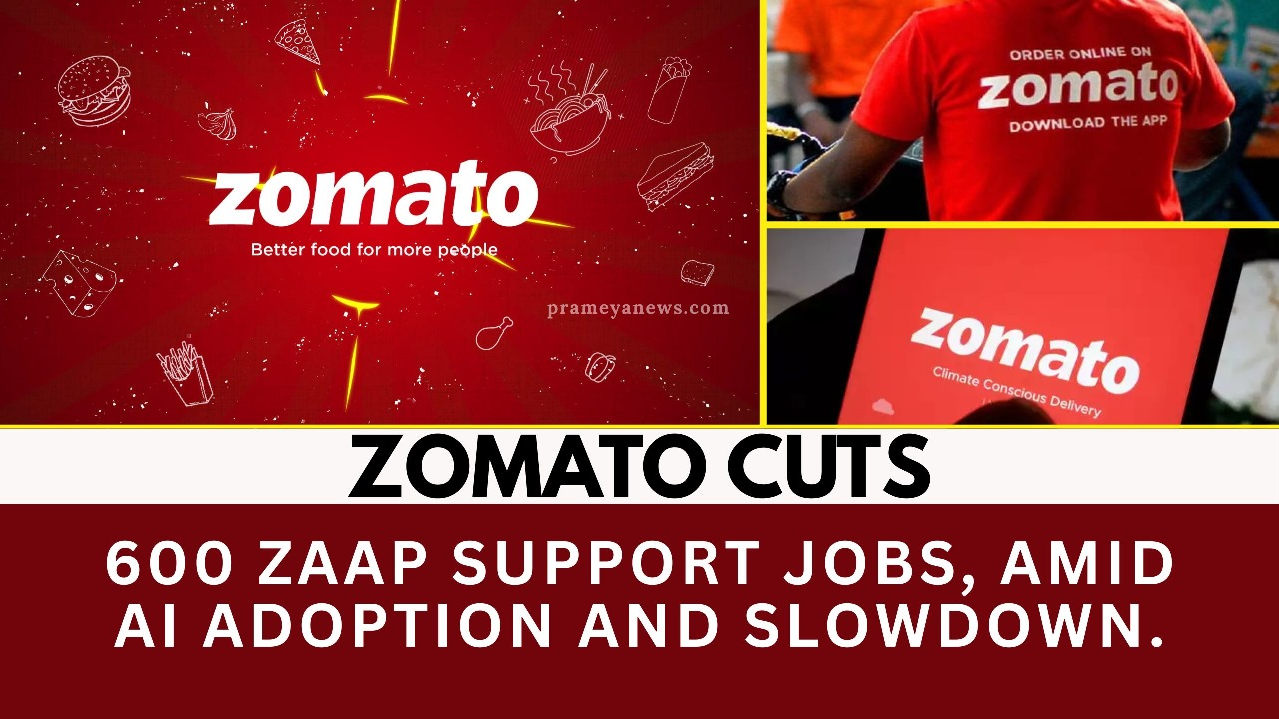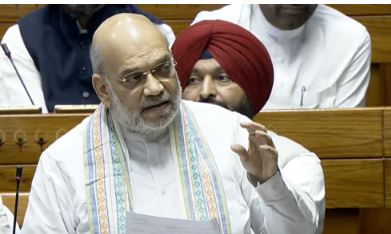Zomato Reduces Support Staff as AI and Slowdown Impact Roles
Hundreds of customer support associates at Zomato are facing job uncertainty as the food and grocery delivery major significantly reduces staff hired just a year ago under a special program (ZAAP). This move comes as the company navigates slowing growth in its core business and increasingly leans on artificial intelligence (AI) to handle customer interactions.
ZAAP Hires Face Non-Renewal
About a year ago, Zomato launched its Zomato Associate Accelerator Program (ZAAP), hiring approximately 1,500 individuals for customer support roles. The program offered the prospect of career advancement within a year into various departments like sales, operations, and supply chain. However, recent reports indicate that a substantial number of these contractual positions, estimated at around 600, have not been renewed as their tenures concluded. This represents a significant reduction in the workforce brought in through ZAAP.
The Push towards Automation
Parallel to these staffing changes, Zomato has been actively integrating AI into its customer service operations. The company recently launched 'Nugget,' an AI-powered customer support platform designed for businesses globally. According to Zomato, Nugget is already managing over 15 million support interactions monthly across its platforms, including Zomato, Blinkit (its quick commerce arm), and Hyperpure (its B2B supplies service). This automation drive is seen as a key factor contributing to redundancies in traditional customer support roles, as alleged by some affected employees.
Business Headwinds and Financial Context
The workforce reduction occurs against a backdrop of challenging market conditions for Zomato. The company has reported a deceleration in growth within its primary food delivery segment, attributed partly to a broader consumption slowdown. Reports also suggest challenges in expanding significantly beyond the top eight metropolitan cities in India.
Furthermore, its quick commerce vertical, Blinkit, while growing rapidly, has been grappling with increasing losses due to intense competition and the costs associated with rapid expansion.
Zomato's recent financial performance reflects some of these pressures. For the third quarter of the financial year 2024-25 (Q3 FY25), the company reported a consolidated Profit After Tax (PAT) of Rs 59 crore. While still profitable, this marked a 57% decrease compared to the Rs 138 crore profit in the same quarter the previous year (Q3 FY24), and also a sequential decline from Rs 176 crore in Q2 FY25. On the revenue front, operations saw a 64% year-on-year increase to Rs 5,404 crore in Q3 FY25.
Employee Concerns and Past Trends
Affected employees, speaking anonymously, have expressed concerns about the lack of clear explanations for the non-renewals. Some claim terminations occurred without notice periods, citing reasons like performance or punctuality, and were offered one month's salary as compensation. The atmosphere in affected offices in Gurugram and Hyderabad was described as tense.
This isn't Zomato's first major workforce adjustment. In December 2022, the company laid off around 100 employees (approximately 4% of its workforce then) across various functions. The company has also witnessed several high-level executive departures over the past few years, including co-founders and heads of key divisions.
Balancing Growth, Costs, and Technology
Zomato's decision to not renew contracts for a significant portion of its ZAAP hires due to: navigating slower growth in its established food delivery business, managing losses in its expanding quick commerce arm, and strategically leveraging AI to automate customer support and potentially reduce operational costs. These changes highlight the human impact as the company adapts to evolving market dynamics and technological advancements.

















































